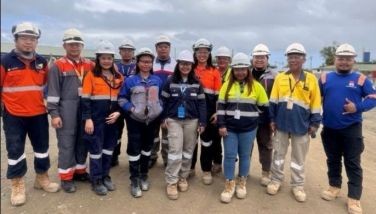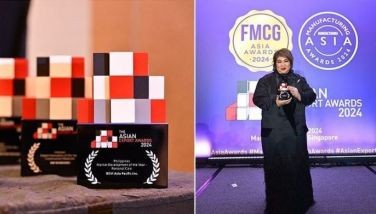Nestlé PH ramps up solid waste management education for World Oceans Day
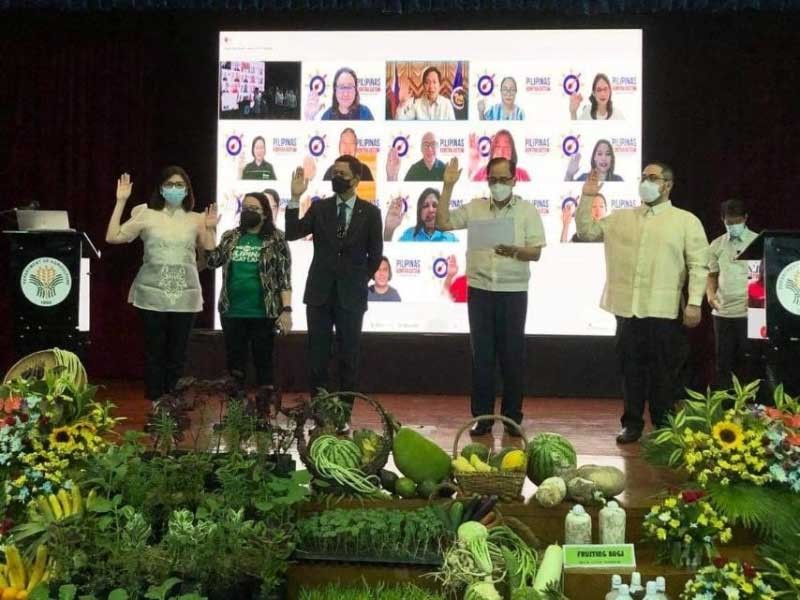
There is no denying that one of the greatest environmental challenges the world faces today is the plastic waste crisis. Globally, the Philippines is the third largest source of ocean plastic waste.
Fortunately, more and more Filipinos are becoming more conscious of their lifestyles and are starting to adopt sustainable choices and decisions to reduce their carbon footprint and plastic consumption.
Companies like Nestlé Philippines are intensifying their initiatives to address the plastic waste crisis in the country.
“As a food and beverage manufacturing company, Nestlé Philippines is committed to tackle plastic waste as an urgent priority in all stages of its value chain. We are also working to drive new understanding and behavior on waste and waste management and are supporting both our consumers and our employees in their efforts to live a more sustainable lifestyle,” said Arlene Tan-Bantoto, Nestlé PH SVP and head of public affairs, communications and sustainability.
In time for World Oceans Day, Nestlé PH launched the Isabuhay sa Bahay Challenge to empower its employees to take a more active role in helping care for the planet by accomplishing different tasks. Through this initiative, the company and its employees will strengthen their promise to the planet that they made during their Net Zero Fair last April.
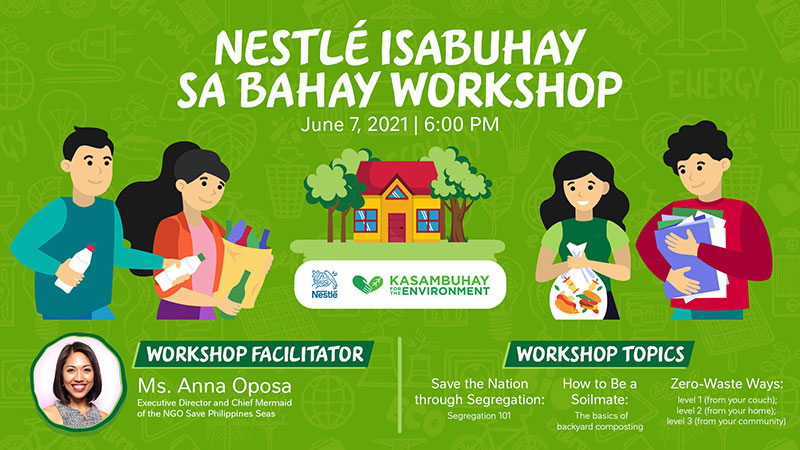
In order to prepare them for the challenge, employees attended a training workshop facilitated by the Executive Director and Chief Mermaid of Save Philippine Seas, Ms. Anna Oposa, that focused on zero-waste lifestyle tips, an introduction to segregation, and composting – three important areas that can help them practice responsible solid waste management at home.
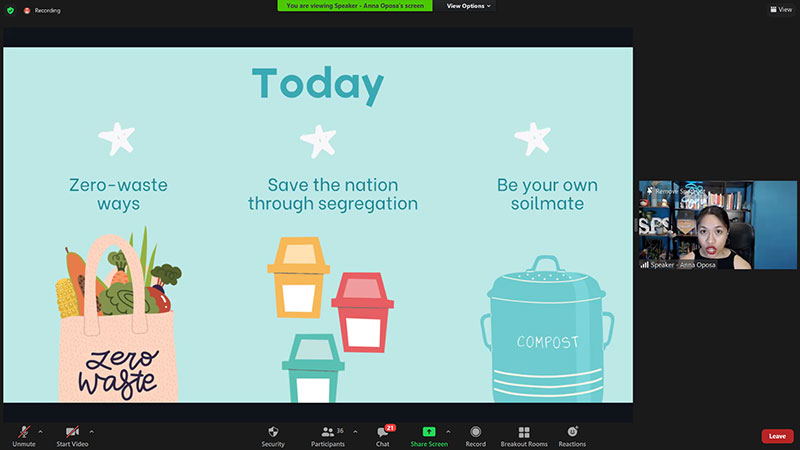
“Every lifestyle change you make depends on your context, resources and capacity. Whatever you are able to commit to is already a step in the right direction,” Ms. Oposa said.
Participants’ takeaways from the session included practical ways to cut down waste at home; the importance of segregation, and the types of waste that fall under the recyclable, residual, and biodegradable categories; and lastly, the methods and benefits of composting. More than just practicing these activities at home, Ms. Oposa encouraged the attendees to extend their efforts to the community by supporting sustainability efforts of corporations and organizations like Nestlé, reaching out to people in authority when needed, and influencing others by example.

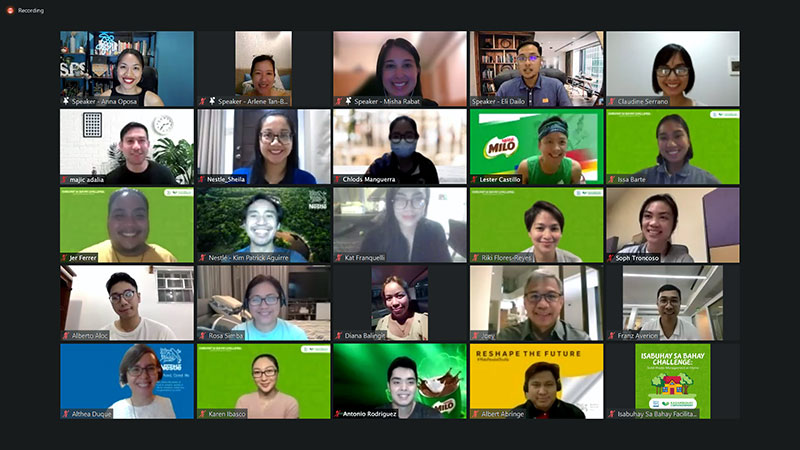
For Nestlé PH, addressing the complex challenge of plastic waste requires support from key sectors and partners, including consumers.
Toward making a waste-free future a reality, the company is engaged in various efforts that encourage a change in behavior. Among these are the development of solid waste management education modules endorsed by the National Solid Waste Management Commission. These modules have been rolled out to thousands of public schools for grades 1-10 students through Nestlé’s partnership with the Department of Education under the Nestlé Wellness Campus program. Condensed versions of the modules are also available to parents and teens for use at home.
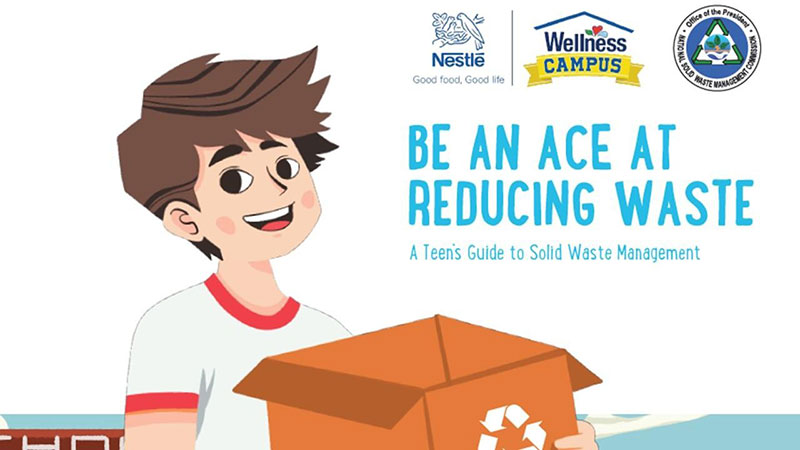
Nestlé has also established collection points in collaboration with its partners where people can take their plastic waste for further processing, so they do not end up in landfills. In partnership with Plastic Credit Exchange, collection points have been set up in SM Malls in MOA, SM North Edsa and SM Fairview.
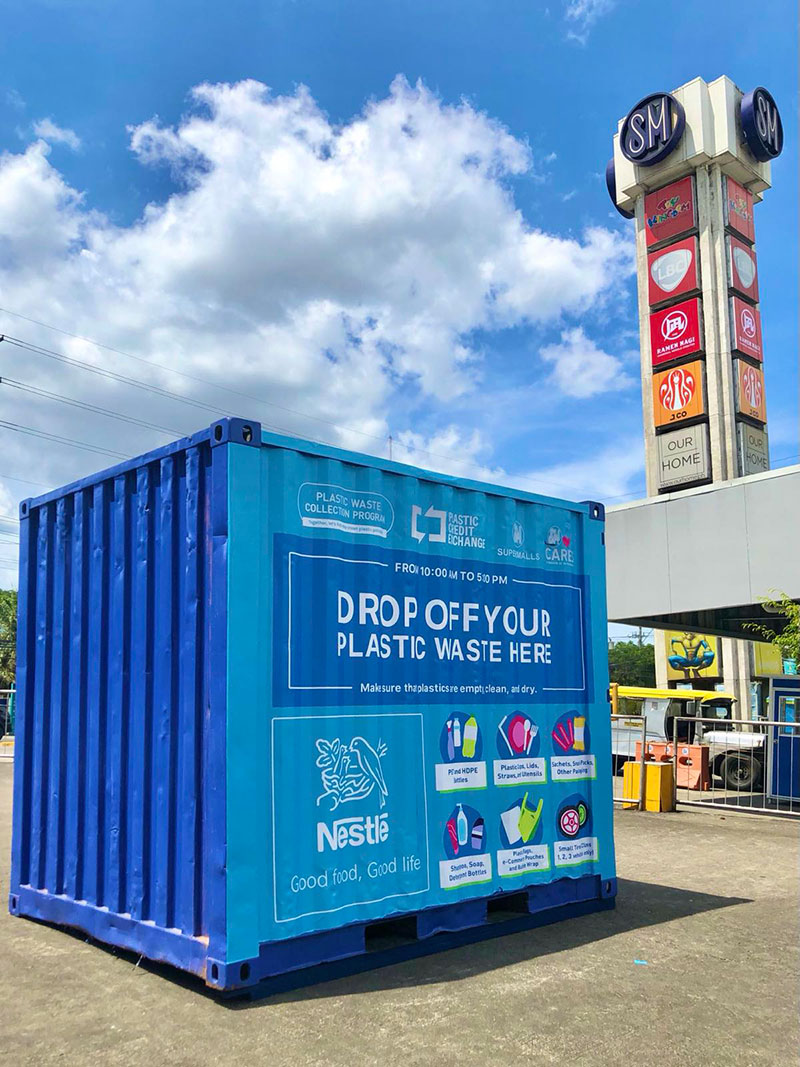
Know more about Nestle Philippines’ initiatives as well as how to be a Kasambuhay for the Environment by visiting nestle.com.ph where you can download a copy of the solid waste management modules and view a list of other locations where you can drop off your used soft plastics.
- Latest



















